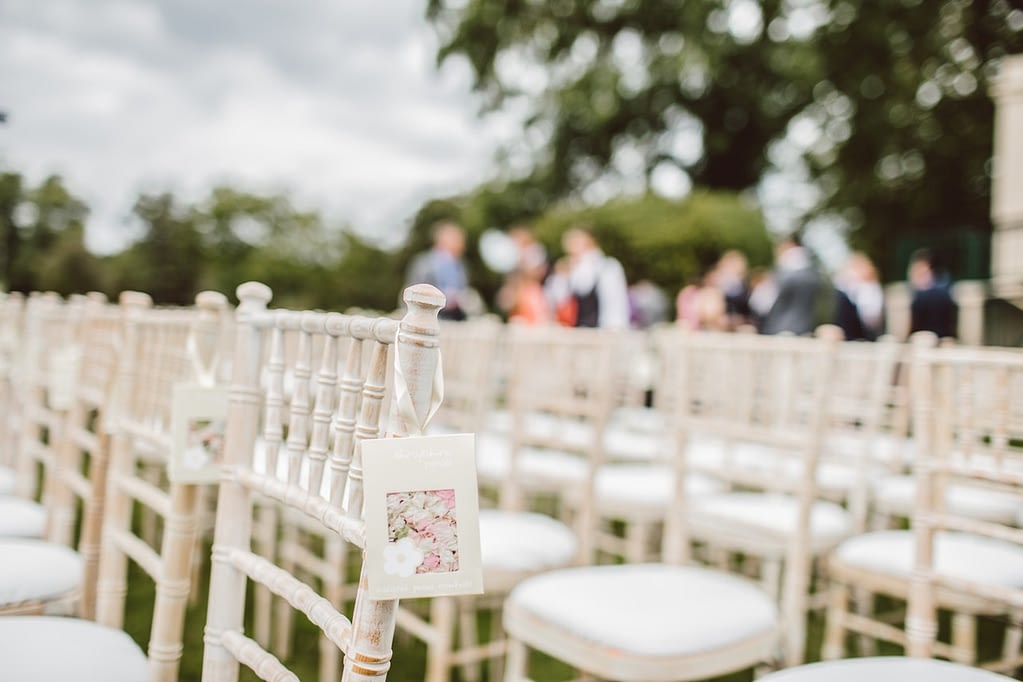
One may think that with the COVID-19 pandemic, wedding planners should’ve had a back-up plan for all the delayed events. If you are bummed out about your event cancellation or simply want to make use of the extra time to learn a new skill – then here’s a quick guide on how to become a wedding planner:
Enroll in a Relevant Program
Although you can jumpstart your wedding planning career without any formal degree, it is strongly advised that you get enrolled in any kind of diploma program, acquire an associate or bachelor’s degree. It is crucial that you become are of the technical terms and marketing strategies for a lucrative wedding planning career.
These include a host of skills from overlooking retailers, food preparation, concert preparation, contact and negotiating with vendors, problem-solving strategies for time and cost-effective management, as well as having the extended mount of knowledge to cater to people with different tastes and ideas. You need to know how to reach out to the right service providers and help your couple get what they desire at their wedding – that too within a fixed budget. It can include a wedding ring, dress, catering, decorations, and more.
This brings us to budget planning – tax management, sending invoices and having the proficiency to work on a database and budgeting software. Knowledge of running a website, handling wedding registries and mailing out timely invitations is also crucial for smooth event planning and execution.
Thus, this makes formal training a need. Although you can learn through freelancing or even planning your own wedding, as most people have done in the past – it still seems like a relatively slower process, with greater trial and error. On the bright side, if you already have a degree in finance, event management, marketing or the sorts, a training program in wedding planning may not be necessary.
Internship & working with an established business
Once you have attained a formal training or have decided to skip it altogether, reach out to companies to work as an apprentice. You will have to work with people to actually see how hectic and demanding things can be while working on the site. This will give you an insightful experience.
Although companies rarely allow you to directly speak with the clients, you can take this opportunity to learn more about the input at the lowest tier. This means keeping check with the florists, photographers, caterers, arranging the refreshments and décor, supervising the personnel and making sure everything is going as planned. Gain as much experience as you can, learn from their mistakes and then you can work with an expert or start your own company.
You must also learn how to negotiate with the vendors, plan out honeymoons and network as much as you can. For any business to become successful, your reach must be extensive so that people are willing to pay for your services.
Narrow Down Your Area of Expertise
Based on your experience, know-how, and level of creativity, you can work on a specific niche. Once you have a significant number of clients asking for your services, you get a better picture of what kind of weddings appeal to you the most. This could be anything from the hectic, yet exciting destination weddings, traditional weddings, whimsical, same-sex, or oriental weddings.
Having a niche allows you to focus on and strengthen one area of your services. It also helps you connect with relevant service providers instead of looking for several people in the market in a helter-skelter, time-consuming fashion. Since wedding planning is a creative field as well, you have to come up with ideas for unique weddings as part of your professional obligation – thus, picking a niche is a more practical approach.
Licensing and Certification
Finally, once you have established a reasonable momentum for your business, you can proceed to get certified and attaining a business license. Although certification is not necessary, it allows you to stand out from the crowd. Moreover, it helps you become self-employed in the long-run. But bear in mind, that like any other business, wedding planning also is an ongoing learning process. You need to sharpen your event planning, public relations, marketing, and budgeting skills to get ahead in the field – thus a certification is only a boost for your business.